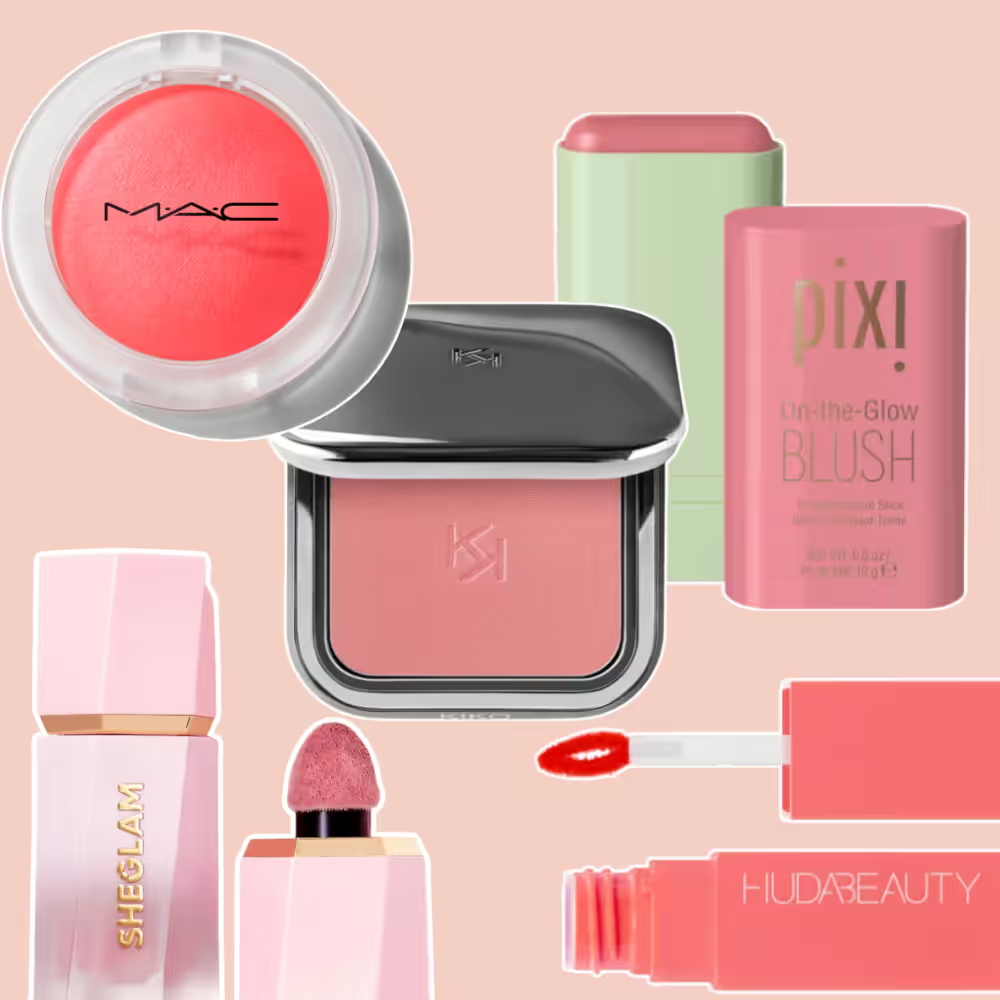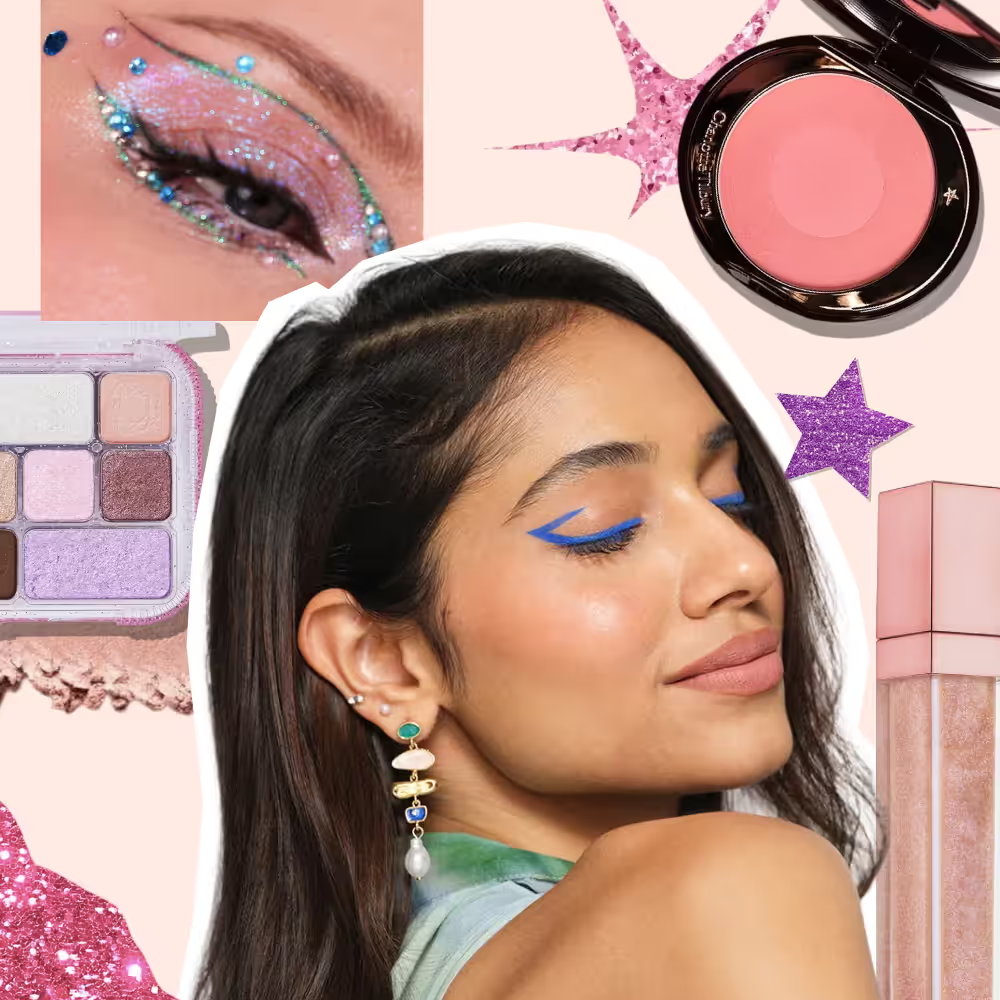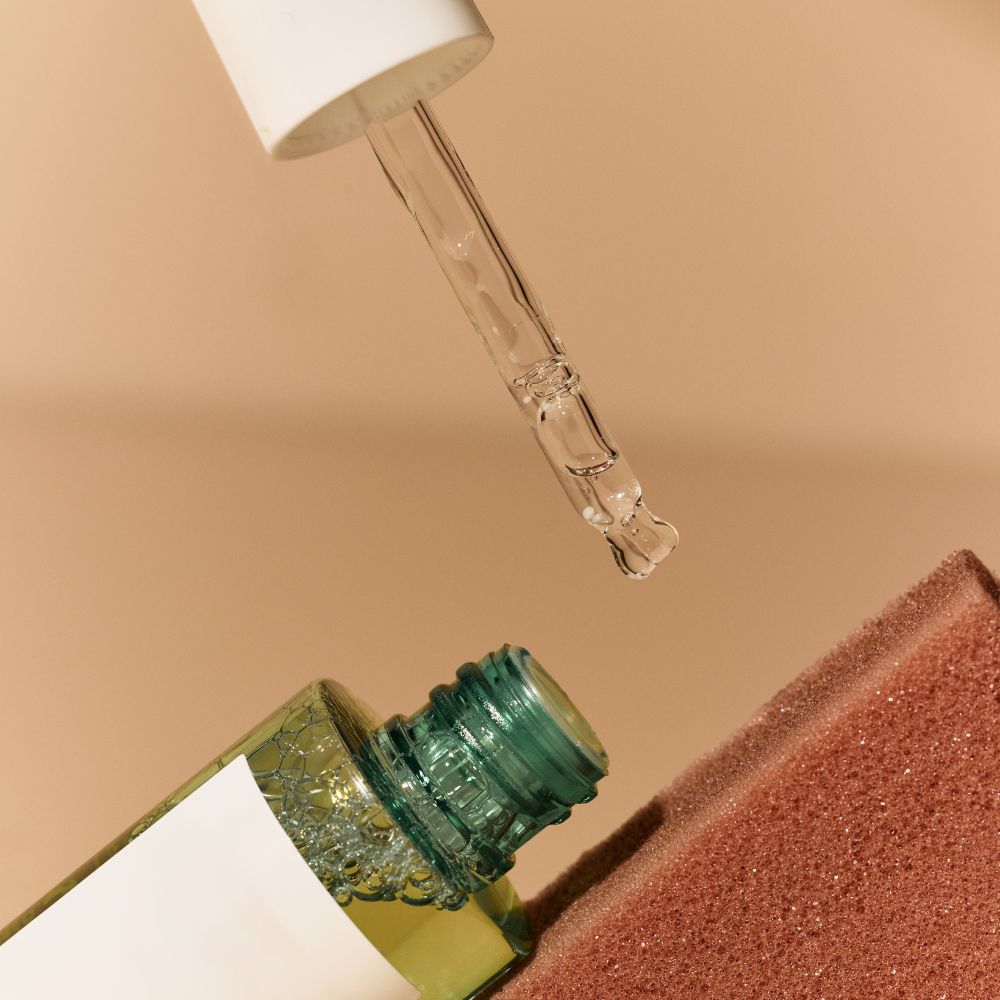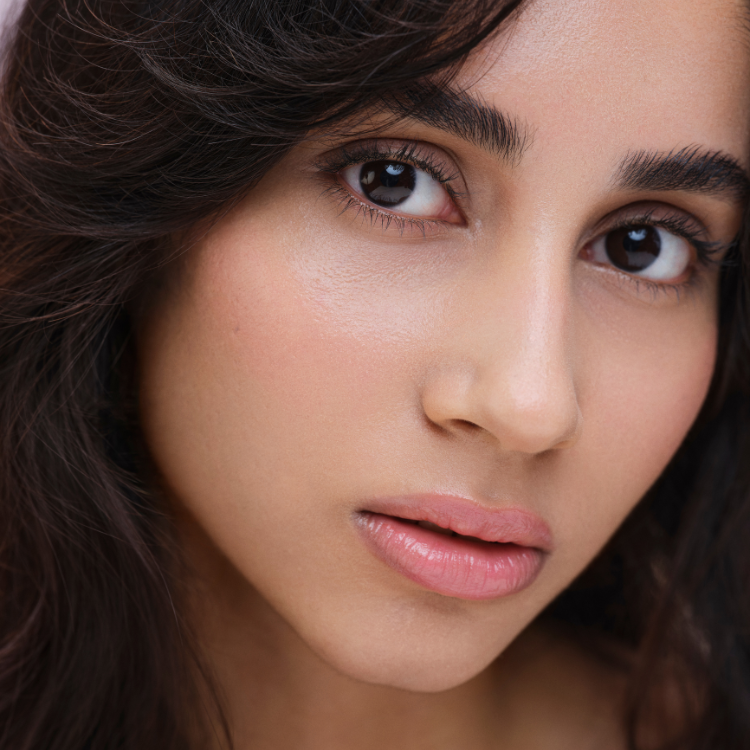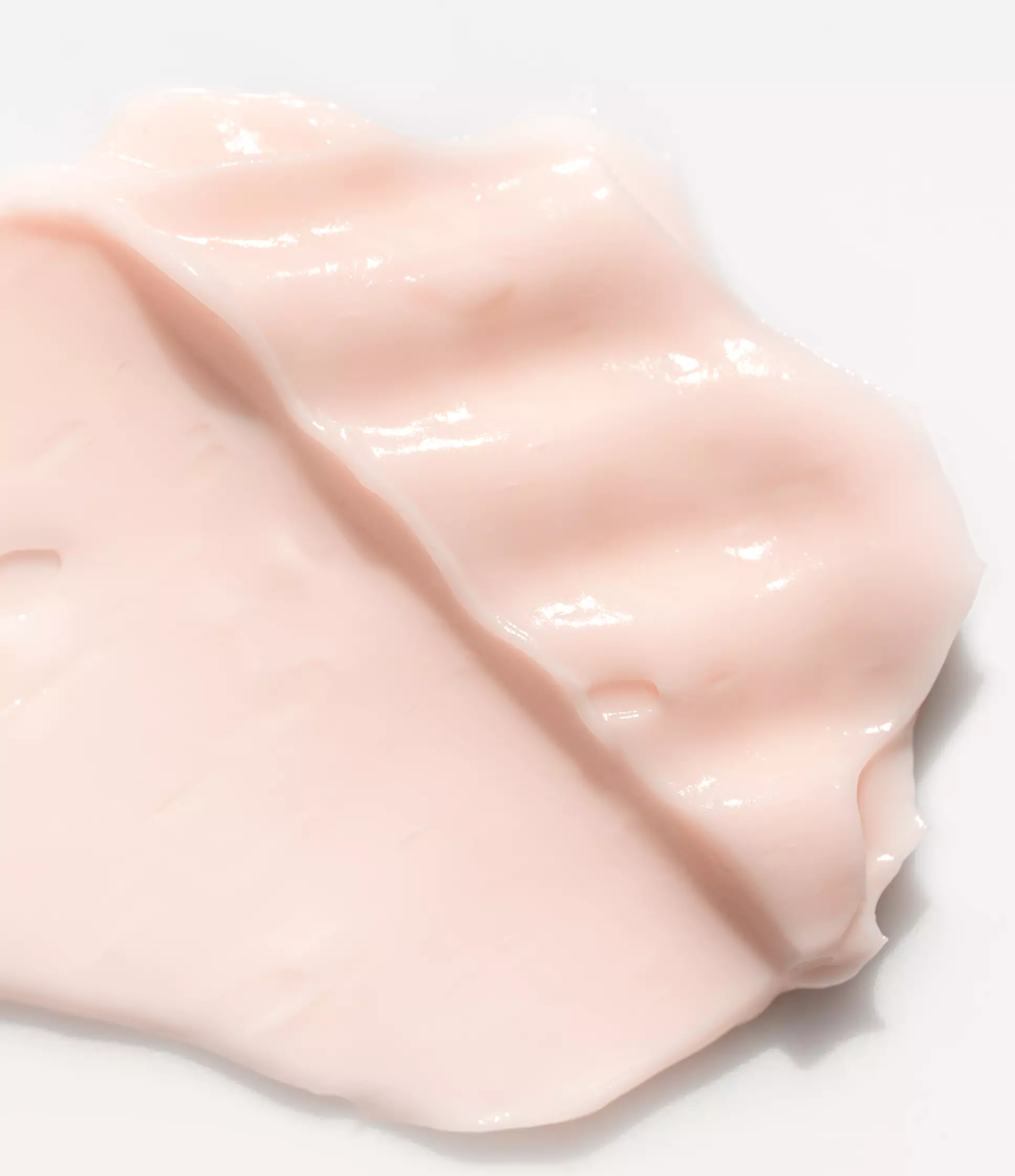
From timeless ’80s hair to fluffy curls, the obsession with big, loud hair has prevailed ever since one can remember. It continues to thrive as one of the ‘it’ girl lewks—the hashtag #bighair boasts over 284K posts on Instagram for a reason. Whether you’re a fan of poker-straight hair or live for the luxe blowout, a voluminous mane always secures a prime spot in everyone’s (beauty) wish list.
But not everyone is blessed with naturally thick and big hair. Plus, stress has become a major baddie in recent times, leaving our holistic health completely compromised. Just like experiencing early signs of ageing is an outcome of leading a stressful life, hair loss caused by stress is an equally true occurrence. We trace the effects of stress on hair and how to get the better of stress-induced hair loss.

Why does stress cause hair fall?
Everyone has a different coping mechanism for stress. While some just need a spa day or some white noise while they sleep, indulging in excessive dessert and other comfort food can be a stressbuster for others. No matter how you deal with stress, the fact is that it will take a toll on your health. It holds the same for the health of your hair.
“An experiment revealed that stress shortened the growing phase (anagen), increased the resting phase of the hair cycle (telogen), which is the shedding stage, and decreased the regenerating ability of hair follicles. Stress—whether physical or mental, especially long-term stress— fluctuates the levels of cortisol hormone, which eventually leads to hair fall,” explains Mumbai-based dermatologist Dr Madhuri Agarwal.
Speaking of cortisols, hormones have a critical role to play in making or breaking the health of your hair. “As adrenal glands secrete increased levels of cortisol hormone during times of stress, the increased cortisol levels impair the ability of the dermal papilla cells that are situated under the hair follicle,” says Dr Agarwal. She goes on to explain why it is important for the dermal papilla cells to be up and running. "They are responsible for stimulating the stem cells for hair follicles to generate new hair. Higher cortisol levels also decrease the production and speed up the breakdown of hyaluronic acid and glycated proteins in the scalp, which then impairs the normal functioning of the hair cycle and leads to hair loss.”
How to stop hairfall from stress?
Lifestyle correction is one of the most facile techniques for reversing stress-induced hair loss. “Hair fall control comes by overcoming factors that cause physical and mental stress through various ways,” says Dr Agarwal, in concurrence. Below are some tips on how to stop hair loss from stress.
1. Get physical:
Regular physical activity can assist with most things, if not all. “A consistent workout regime and meditation help to de-stress. This is because exercise releases endorphin and serotonin that are happy hormones, which balance the elevated cortisol levels,” shares Dr Agarwal. A brisk, 30-minute walk, a quick HIIT spin class, a pacifying yoga and meditation session – physical movements of all kinds can have a positive impact on the way your body reacts to stress.
2. Eat to live more than you live to eat:
Nothing comes close to the power of a well-balanced nutritious diet that aims to replenish all the goodness that your body tends to lose out on. “Junk food like fried and processed foods increase the free radical damage in the hair follicles, thereby slowing down new growth,” warns Dr Agarwal. Consider including greens, foods rich in good fatty acids like omega-3 and omega-6 and protein-rich foods like eggs and notice the change over time.
3. Supplements are supplementary:
We’re living in a time and age where our bodies are perpetually devoid of essential nutrients, so adding supplements to your daily diet makes for a wise corrective measure. “An optimum combination of supplements helps in hair growth. Antioxidants neutralise the free radicals caused by stress and provide a toxin-free environment for the cells. Iron, calcium, amino acids, magnesium and selenium aid in the structure of the hair; vitamins A, C and D, omega-3 and co-enzymes also are useful,” suggests Dr Agarwal.
4. Refresh your hair(care):
While working out, improving your eating habits, and ingesting supplements can be beneficial, opting for hair care products that work towards stronger, thicker, and healthier hair is non-negotiable. “Generally haircare products do support the treatment,” claims Dr Agarwal “Minoxidil is the only FDA-approved ingredient for application on scalp to treatment. However, a good cleansing shampoo and conditioning routine is advisable.”
Tira recommends giving the Yves Rocher Anti Hairloss Scalp Booster Treatment Strength Serum a shot, for it cools the scalp and stimulates hair growth. The St.Botanica Biotin and Collagen Shampoo & Hair Mask Combo is a cop-worthy duo to cleanse and condition your hair gently.













